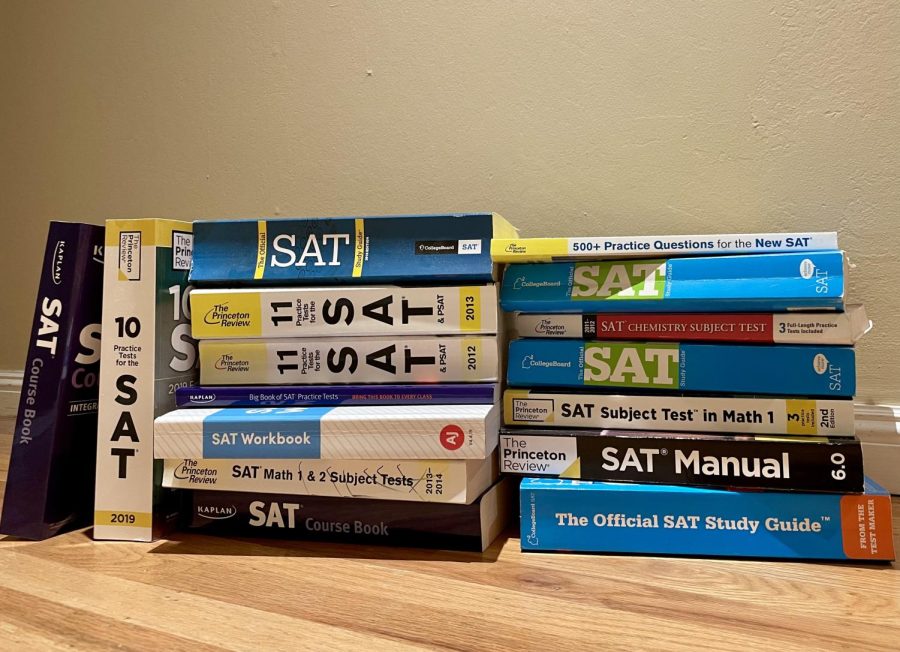The SAT is abandoning the old style of pen and paper in favor of an online test.
The SAT is the cornerstone of all standardized tests, currently taken on a scantron. But beginning in 2024, the SAT will be taken digitally in the United States, according to the College Board. This will reduce the total test time from three hours to two, permit calculators on the entirety of the math section, and shorten the reading passages.
The set date of 2024 means this new system will only affect the graduating classes of 2025 and beyond. Zerach Chan, a freshman at Carlmont, hopes this change will lessen the stress of the exam.
“My older brother found taking the SAT pretty stressful. So now, since it’s going digital, I’m hoping the exam will be less stressful when I take it,” Chan said.
By making the SAT digital, the College Board hopes to revitalize a test that has seen a declining number of test-takers in the last year. But some find this change to be overdue.
“I like how the SAT is finally going digital because standardized testing is adapting to the increasing technology in the world. However, I wish that this would have been put into effect earlier so that it’s relevant to me and the rest of my grade,” said Joshua Lin, a member of the class of 2024.
Many people, such as Michael Skrable, a math teacher at Carlmont, believe that this new development in the SAT will not substantially impact its number of test-takers.
“I don’t think whether the SAT is digital or not is really a factor in determining if it is relevant, because in the end, it’s a curved test, and everyone is going to be affected in the same way,” Skrable said.
This all comes at a time when more than 1,800 colleges in the United States no longer require the SAT, according to The National Center for Fair & Open Testing. Among those colleges are those in the renowned University of California (UC) and California State University (CSU) systems, which have dropped the SAT testing requirement up until the fall of 2024 and the fall of 2023, respectively.
Skrable feels that the waning relevance of the SAT is a result of a change in many college admissions’ perspectives.
“Schools are looking for a tool that will predict success in college, and they feel that the SAT doesn’t do that well. But, at least on the math portion, it still has relevance in finding how good students are as problem solvers,” Skrable said.
While the SAT has its benefits, the underlying issue is that this once highly competitive exam is decreasing in its importance to colleges.
“Frankly, this new change in the SAT won’t make a difference for the next few graduating classes, and by the time it actually takes effect, the test might not be very popular anymore,” Lin said.













